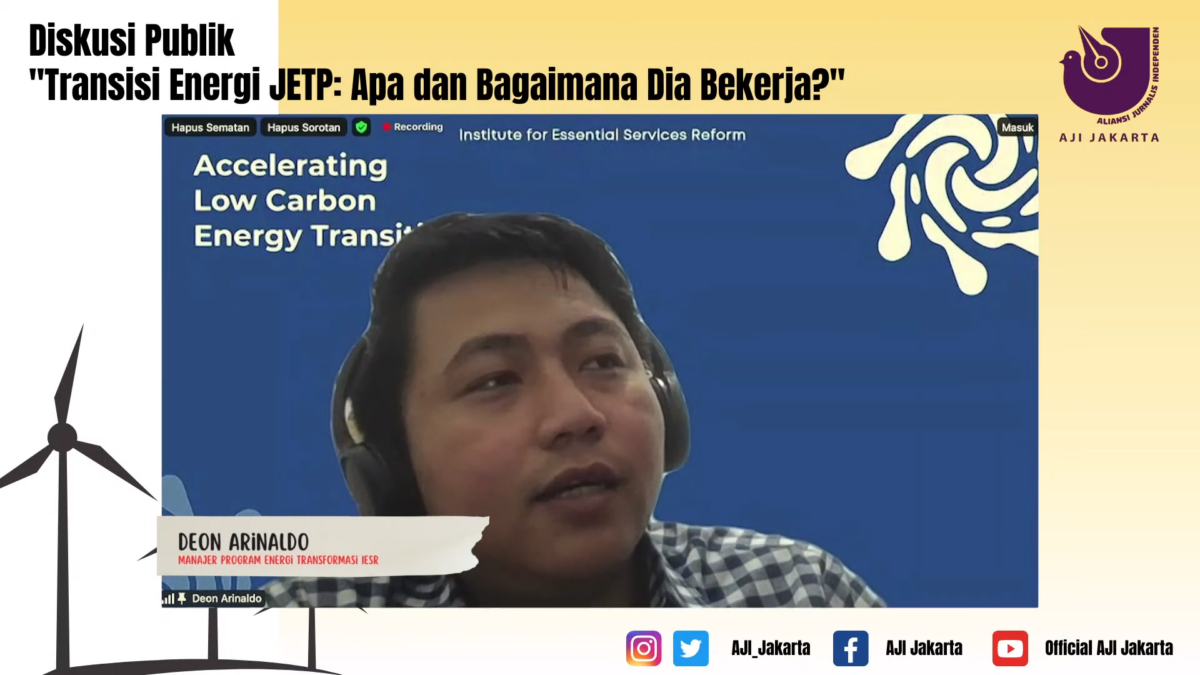Bali, August 28, 2023 - The Institute for Essential Services Reform encourages and supports the commitment of the Provincial Government of Bali to achieving the Bali Net Zero Emissions 2045 initiative. As a crucial part of this initiative, the electricity sector in Bali is being decarbonized, which is a strategic step towards achieving Bali's carbon-neutral…



